No Pride Flags Allowed: Eurovision's Controversial New Rule
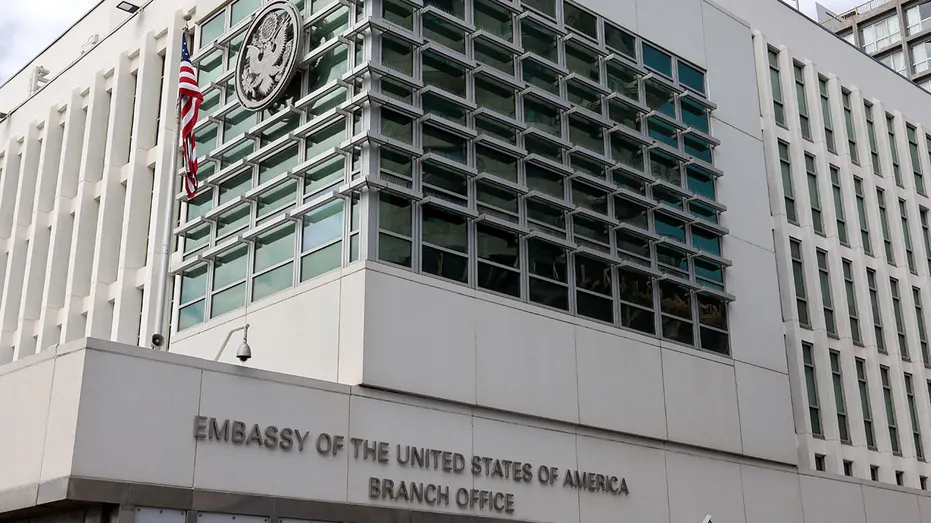
Table of Contents
The New Rule: What Does it Actually Say?
The European Broadcasting Union (EBU), the organizer of the Eurovision Song Contest, has implemented a new rule regarding political statements and symbols at the event. While the exact wording isn't publicly available in a single, easily accessible document, reports from various news outlets, including the BBC, indicate a ban on displays deemed overtly political. This includes, but is not limited to, flags representing political movements or ideologies.
-
What constitutes a "political statement"? The EBU’s definition remains vague, leading to significant ambiguity. This lack of clarity fuels concerns that the rule could be arbitrarily enforced, potentially silencing LGBTQ+ voices and other marginalized groups.
-
Exceptions and grey areas: The rule lacks specific exceptions, leaving room for interpretation and potential inconsistencies in enforcement across different participating countries. This lack of transparency adds to the controversy.
-
EBU's rationale: The EBU has yet to offer a clear and comprehensive explanation for this new rule. While some speculate that it aims to maintain neutrality in an international competition, the lack of transparency surrounding the decision has only amplified the criticism.
Backlash and Public Reaction
The new rule has been met with widespread condemnation from LGBTQ+ rights organizations, artists, and fans worldwide. The reaction has been overwhelmingly negative, with many viewing the rule as a direct attack on the LGBTQ+ community and its visibility within the Eurovision Song Contest.
-
Prominent voices: Numerous high-profile figures, including LGBTQ+ activists and representatives from organizations like GLAAD, have voiced their strong disapproval, highlighting the rule's potential to stifle freedom of expression and negatively impact LGBTQ+ participation.
-
Social media and news coverage: Social media platforms have been flooded with hashtags like #EurovisionPride and #LetUsShine, showcasing the immense public outcry. Major news outlets worldwide have covered the story extensively, further amplifying the controversy.
-
Impact on LGBTQ+ artists and viewers: The rule poses a significant threat to the visibility and representation of LGBTQ+ artists and viewers. It raises concerns about censorship and the creation of an unwelcoming environment for a community that has historically found a space for self-expression and celebration at Eurovision.
Freedom of Expression vs. Neutrality
The controversy surrounding the new rule underscores a fundamental tension between freedom of expression and the desire to maintain neutrality in an international competition.
-
Arguments supporting the rule: Proponents argue that the rule is necessary to uphold Eurovision's neutrality and prevent the contest from becoming a platform for political activism. They emphasize the importance of keeping the focus on music and artistic talent.
-
Counter-arguments: Critics argue that the rule infringes upon fundamental rights to freedom of expression and association. They point out that Pride flags represent a marginalized community fighting for equality, not necessarily a political party or ideology. The suppression of these symbols is seen as a form of censorship.
-
Potential for censorship: The ambiguity of the rule opens the door to arbitrary censorship. The fear is that the rule will be disproportionately enforced against LGBTQ+ expressions while allowing other forms of political or ideological symbolism to go unchecked.
The Future of Eurovision and LGBTQ+ Inclusion
The long-term consequences of this controversial rule are far-reaching and could significantly impact Eurovision's image and commitment to inclusivity.
-
Impact on LGBTQ+ artists: The rule could deter LGBTQ+ artists from participating, fearing their expression might be suppressed or penalized. This could result in a less diverse and representative lineup of performers.
-
Effect on viewer engagement: The public backlash could negatively affect viewer engagement and ratings. Many viewers may choose to boycott the event in protest, expressing their disappointment with the EBU's decision.
-
Addressing concerns: The EBU must address the concerns surrounding this rule by providing clearer guidelines and ensuring that enforcement is fair and consistent. Engaging in dialogue with LGBTQ+ organizations and artists is crucial to rebuilding trust and fostering an inclusive environment.
Conclusion
The "No Pride Flags Allowed" rule at Eurovision has sparked a major debate surrounding inclusivity and freedom of expression. The ambiguous nature of the rule, the lack of transparency from the EBU, and the overwhelmingly negative public reaction highlight the significant challenges faced by the contest in balancing neutrality with its commitment to representing diverse voices. The potential impact on LGBTQ+ artists and viewers is substantial, raising questions about the future of Eurovision's inclusive image. It is vital to maintain pressure on the EBU for transparency and accountability, demanding a reconsideration of this rule and a renewed commitment to ensuring that the Eurovision Song Contest remains a truly inclusive and welcoming event for all. Let's continue advocating for LGBTQ+ rights and representation at Eurovision and beyond.

Featured Posts
-
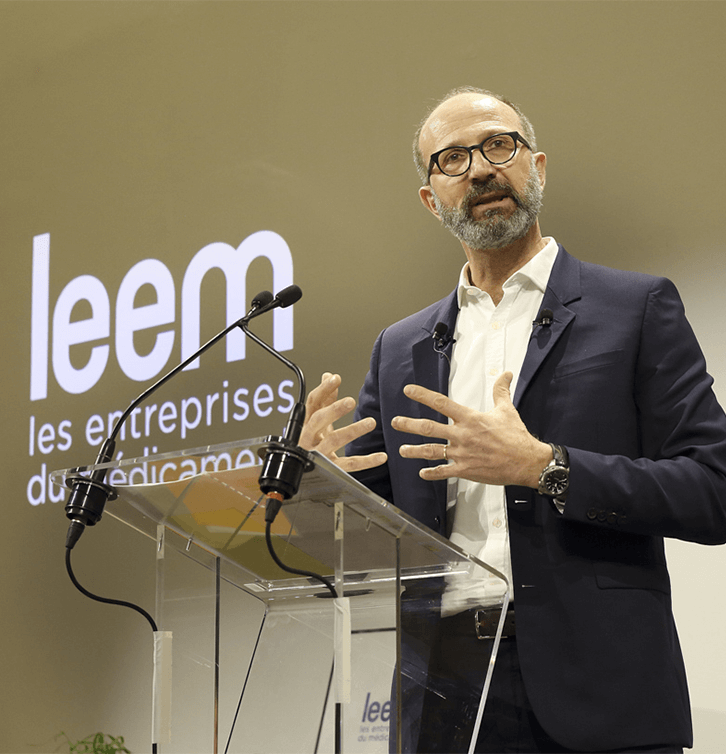 Communique De Presse Valeo Amf 24 Mars 2025 2025 E1027024
Apr 30, 2025
Communique De Presse Valeo Amf 24 Mars 2025 2025 E1027024
Apr 30, 2025 -
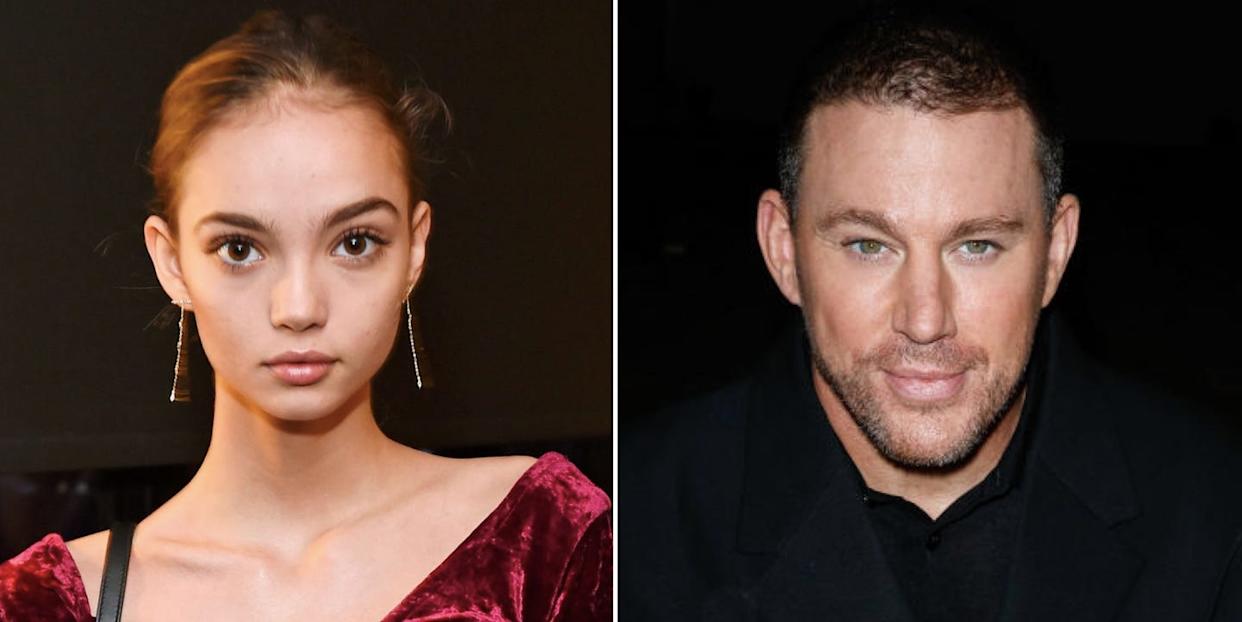 Channing Tatums Girlfriend Inka Williams Makes A Statement At The Australian Grand Prix
Apr 30, 2025
Channing Tatums Girlfriend Inka Williams Makes A Statement At The Australian Grand Prix
Apr 30, 2025 -
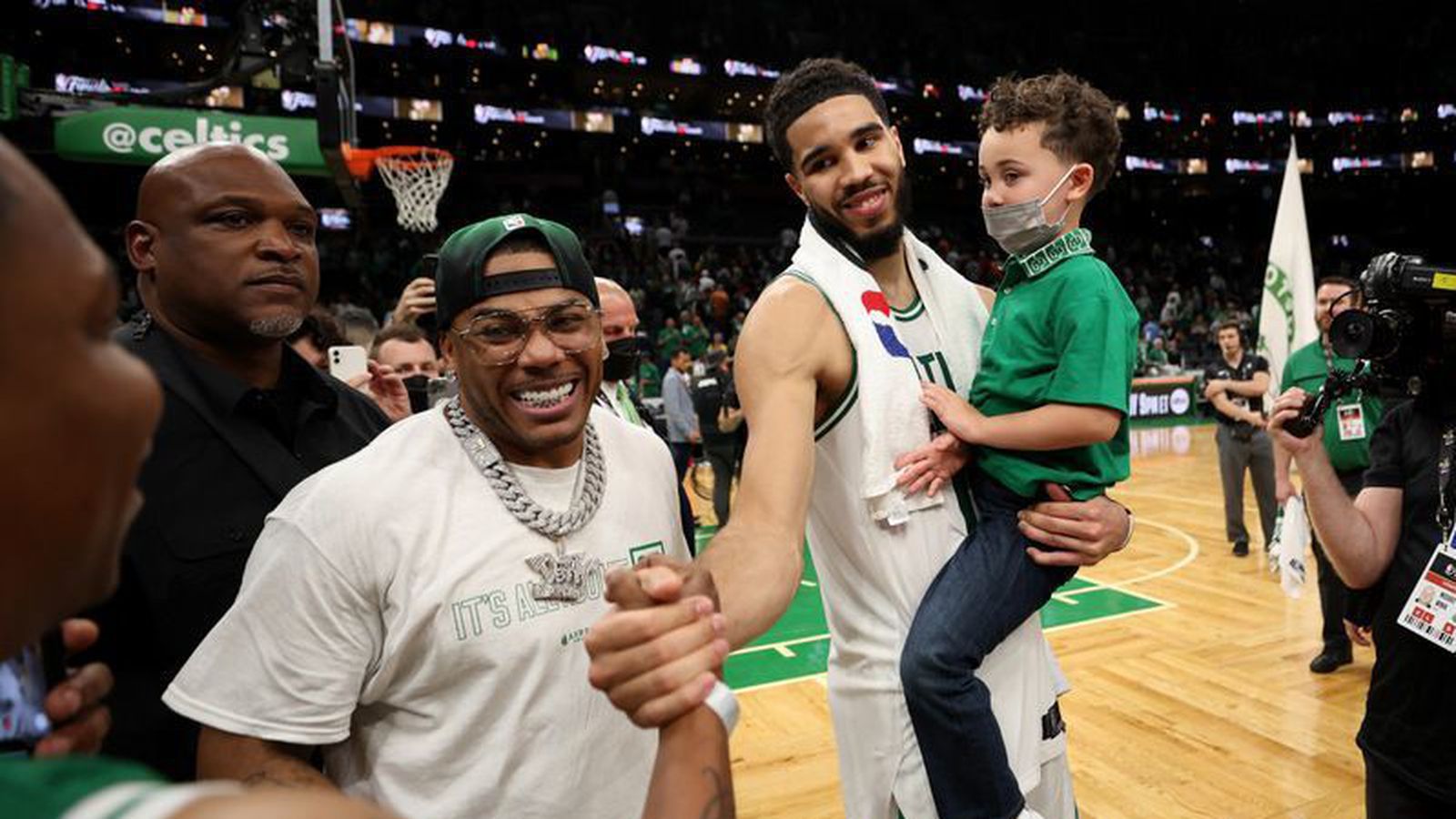 Dagskra Meistaradeildarleikir Og Nba Stjoernur I Bonusdeildinni
Apr 30, 2025
Dagskra Meistaradeildarleikir Og Nba Stjoernur I Bonusdeildinni
Apr 30, 2025 -
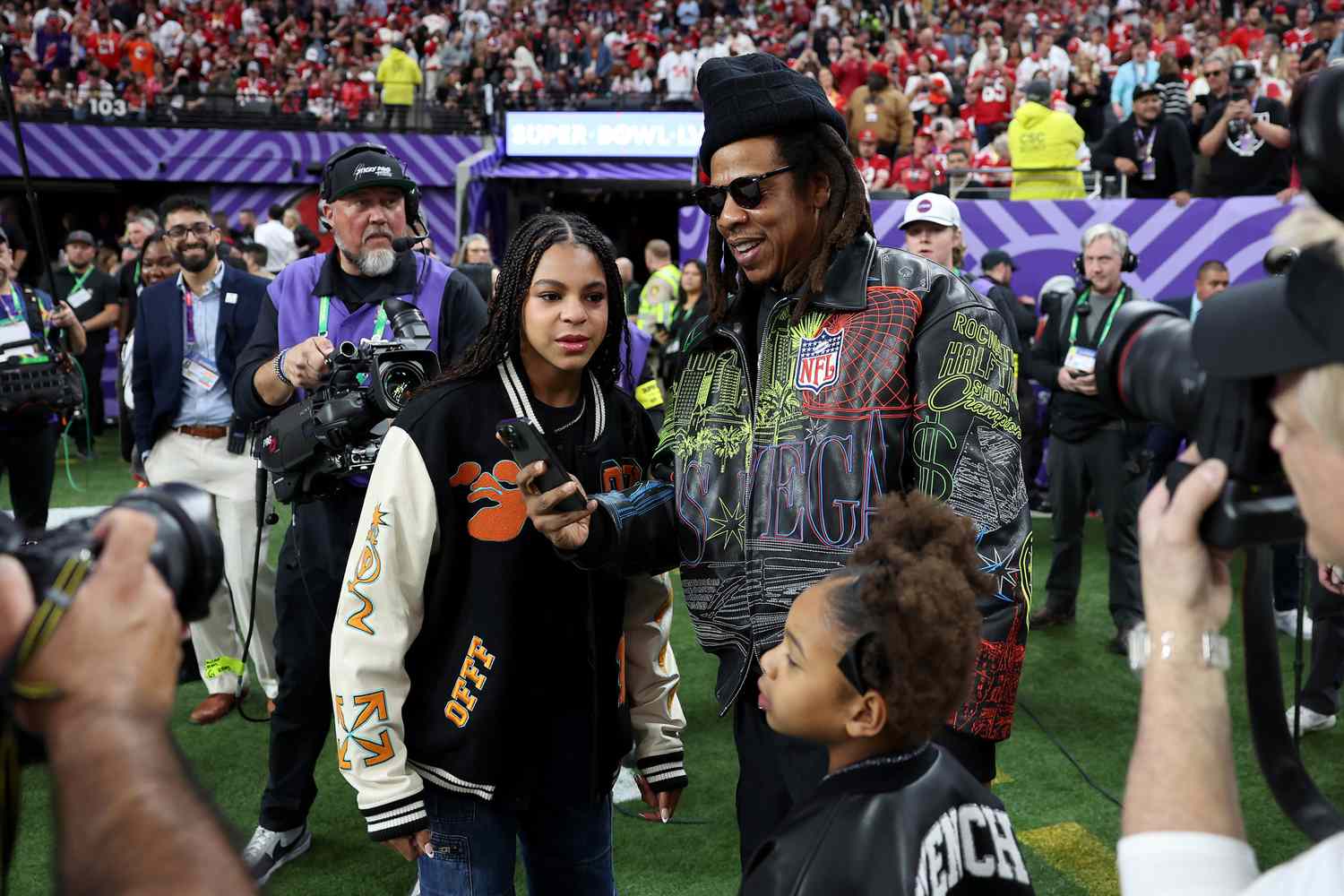 Jay Z Blue Ivy And Rumi At The Super Bowl Exploring Beyonces Absence
Apr 30, 2025
Jay Z Blue Ivy And Rumi At The Super Bowl Exploring Beyonces Absence
Apr 30, 2025 -
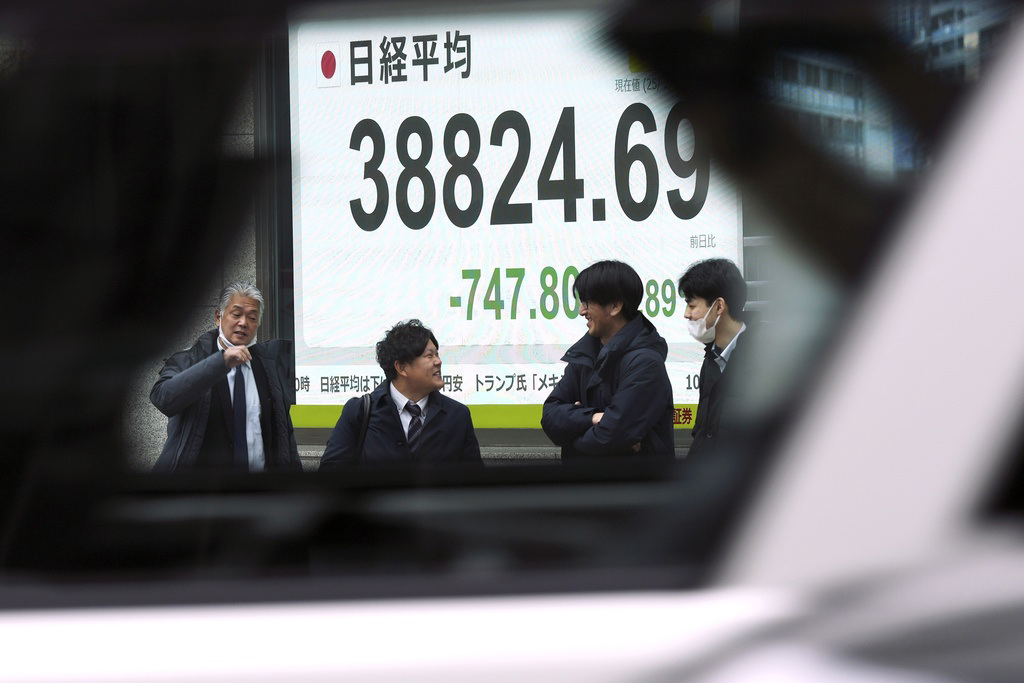 Nvidias Trump Era Worries A Comprehensive Analysis Of Global Challenges
Apr 30, 2025
Nvidias Trump Era Worries A Comprehensive Analysis Of Global Challenges
Apr 30, 2025
